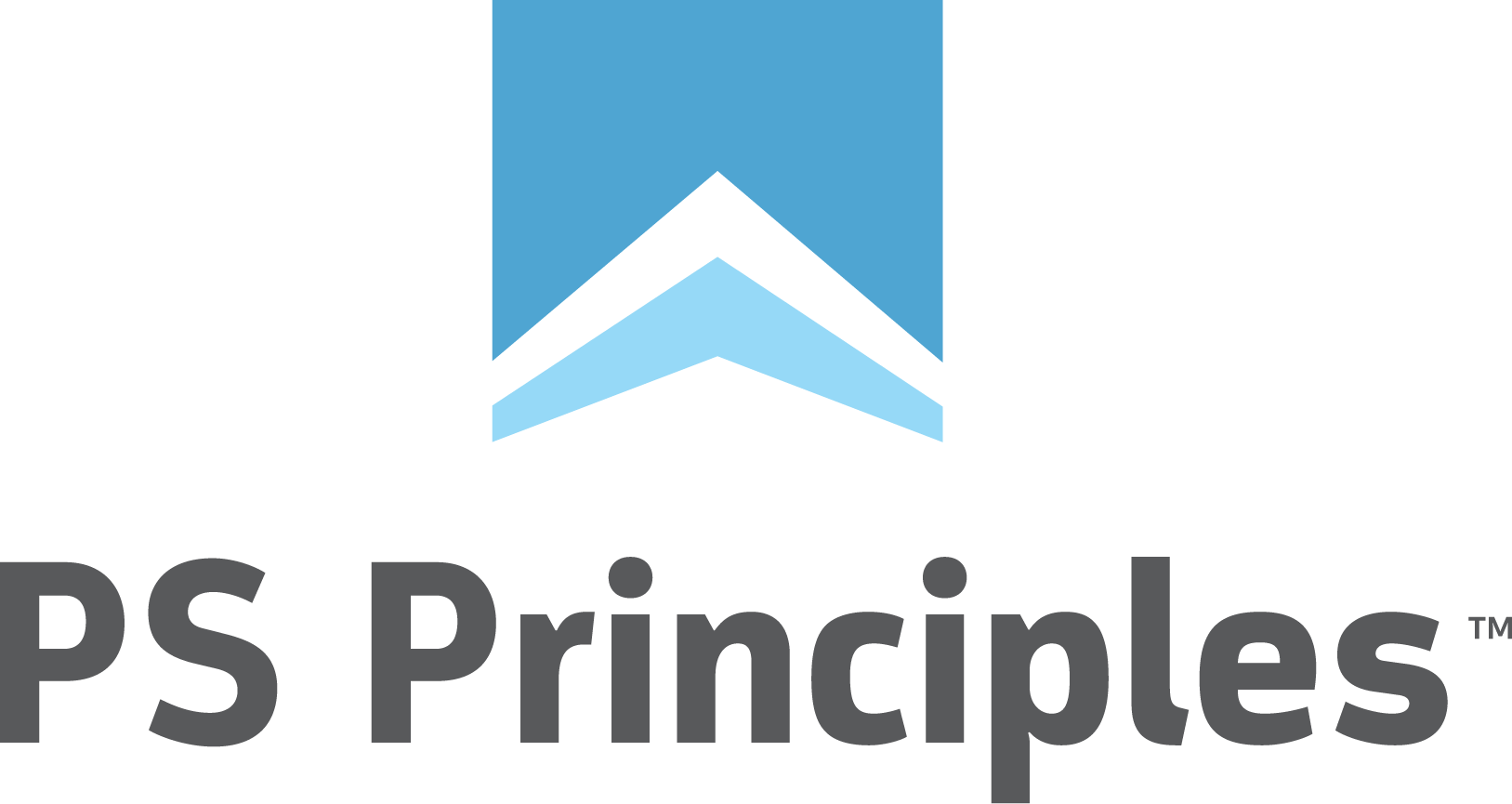People Management Skills: What You Need To Know

When I was given my first hiring and firing role, I hired 5 people in an attempt to build a 4 person team. The first hire was given to me by one of the other teams and it had worked out well. I then hired a guy who threatened to bring a gun to work on his third week and he had to be removed. The next hire suddenly couldn’t speak anywhere near as much English as I thought I’d heard in the interview. The next two hires were great until they beat the hell out of each other in front of the whole program team at the Christmas party as a result of pent up emotions about a sordid weekend away in the Lake District. You can’t make this stuff up!
So, what went wrong?
Me!
While I was structuring my job specification, I had a metric based interview scoring system and wasn’t afraid to spend money to get good talent but yet, I was hiring hacks! This is because hiring good people is a skill that all PS Managers need to be honing well before they become managers. It is difficult, nuanced, and is certainly never perfect.
The most difficult part of becoming a people manager is people! They can be wonderful comrades, collaborators, inventors and inspirations to your work life. However, they can also be tragic drains on your will to come to the office. It may only take a few months for that bright and eager candidate to become a slothful burden to your team simply because what you saw in the interview was a show.
The first step in improving your talent acquisition is to get better at reading people. To do that, you have to also understand your own biases in how you read and respond to people. Do you have a preference for people that are warm and friendly or focused and professional? Do you want someone like you, or someone better than you? Learning how to read your own biases in how you view candidates is important to be able to turn them off so you see the field of candidates with better clarity.
Another focus is to remember that finding a good hire is a team sport. Relying solely on your own assessments can be misleading. As much as you try, you aren’t always on your A game. Getting input from others who might spot things that you miss is critical to finding the right hire.
Ask questions that require answers that demonstrate behavioral traits. While not a perfect approach, it can be helpful to spot strengths and weaknesses in a candidate. Focus on creating a pool of diverse talent, but still pick the person who is going to be the most accretive to your team’s culture rather than assessing who might conform to it. LinkedIn has an informative interview guide that explores these and other topics quite well.
But PS Managers need to also look beyond talent acquisition but also cultivate talent.
Many people are often telling you how great they would be if you would just promote them, but are they truly ready? Are you waiting for someone to step up or are you motivating skill development so people are ready to step up when you need them? Again, think beyond your own biases. This can include identifying people that you don’t know that well in order to assess their abilities fairly against those that you do. Moving the wrong person into a more senior role is called “promoting into harm’s way” and when it happens it reflects poorly on the manager approving the promotion as much as it does on the person who failed at their new responsibilities.
The fact is, there is no perfect approach to hiring. There is no perfect hiring manager. Work as a team. Take the role seriously and treat it as a journey to find the best candidate possible. Be prepared for the process to not go exactly as you planned it. But most importantly of all, pay attention to how each new individual affects the culture, balance and effectiveness of your team. If someone begins to damage what you have built or begins to threaten the balance, take action. That doesn’t always mean firing them, but it may. Often success can be determined by who you remove from your team just as much as it can be from those you add.

.jpg?width=5472&height=3648&name=dylan-gillis-KdeqA3aTnBY-unsplash%20(3).jpg)